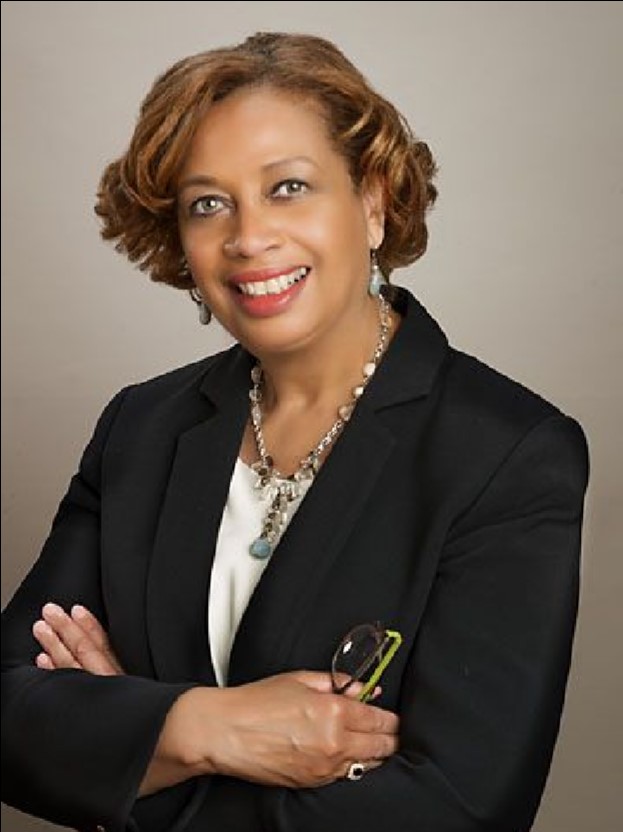 Born in La Porte, Indiana, offspring of a Lutheran household, Fay Holmes-Ferguson followed her faith tradition in attending Concordia College. As changes set in motion by the Civil Rights and Black Student Movements rippled through higher education, Holmes joined the first cohort of African American students on Concordia’s largely white campus. She graduated magna cum laude, going on to earn an M.B.A. degree from Indiana University. Holmes-Ferguson followed a successful career in advertising, eventually being named co-CEO at Burrell Communications Group, Chicago, Illinois. Ferguson joined Concordia’s Board of Regents in 2012. In 2016, Fay saw a need and felt compelled to create the Diversity Student Endowed Scholarship which she co-founded with Concordia alumnus Dr. Earl Lewis '78. The goal of the scholarship fund is twofuld: to encourage students from diverse backgrounds to attend a quality liberal arts college and to increase the diversity of experiences represented on Concordia's campus. A gifted executive and community leader, Ferguson’s core life motto of leading a purpose-driven life focused on helping others, exemplifies the spirit and mission of Concordia College.
Born in La Porte, Indiana, offspring of a Lutheran household, Fay Holmes-Ferguson followed her faith tradition in attending Concordia College. As changes set in motion by the Civil Rights and Black Student Movements rippled through higher education, Holmes joined the first cohort of African American students on Concordia’s largely white campus. She graduated magna cum laude, going on to earn an M.B.A. degree from Indiana University. Holmes-Ferguson followed a successful career in advertising, eventually being named co-CEO at Burrell Communications Group, Chicago, Illinois. Ferguson joined Concordia’s Board of Regents in 2012. In 2016, Fay saw a need and felt compelled to create the Diversity Student Endowed Scholarship which she co-founded with Concordia alumnus Dr. Earl Lewis '78. The goal of the scholarship fund is twofuld: to encourage students from diverse backgrounds to attend a quality liberal arts college and to increase the diversity of experiences represented on Concordia's campus. A gifted executive and community leader, Ferguson’s core life motto of leading a purpose-driven life focused on helping others, exemplifies the spirit and mission of Concordia College.